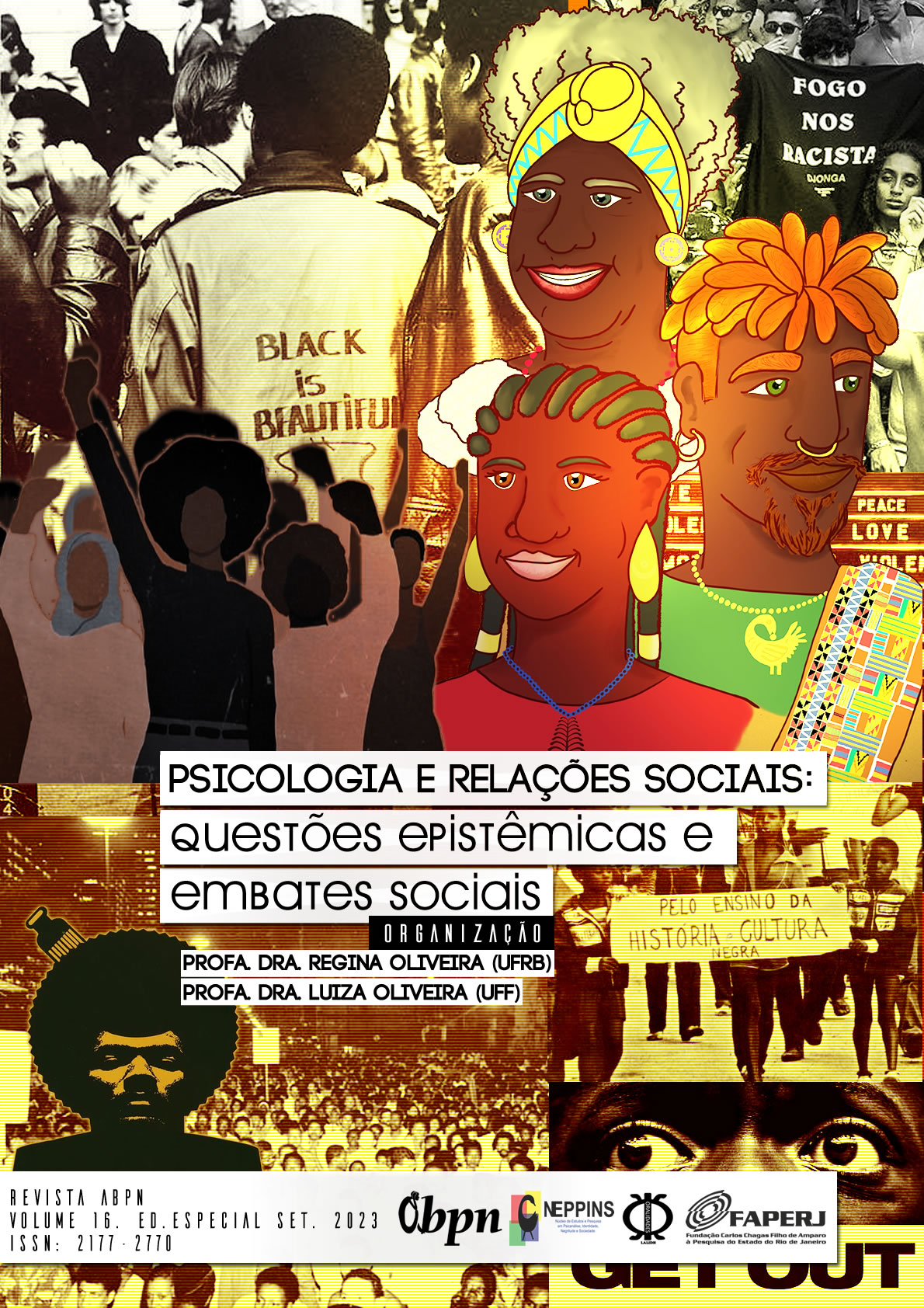BODY-ADDRESS OF BLACK WOMEN IN STREET SITUATION: CHALLENGES FOR A DECOLONIAL AND ANTI-RACIST PSYCHOLOGY
Main Article Content
Abstract
The present article intends to provoke the look of psychology in relation to the subjectivity and bodies of black women living on the street, considering that the concept of body-dwelling shows that the primary address of these women, sometimes the only one, is their own body and thus their subject condition is constantly threatened, in relation to time, space and interpersonal relationships. For this, we will seek to weave a critique of the coloniality present in the racial and gender dimensions of contemporary times and seek to deconstruct this watertight knowledge through decolonial and anti-racist reflections in the field of psychology. Understanding that racism is a narcissistic wound that affects deep layers in the black subject, especially for black women living on the street, these are wounds that cross their entire body and their existence. With this, it is perceived that the resistance and re-existence of these women permeates a constant struggle of becoming in the face of a capitalist, racist and misogynistic society.
Article Details

This work is licensed under a Creative Commons Attribution 4.0 International License.
Copyright Statement
- Authors retain copyright and grant the journal the right of first publication, with work simultaneously licensed under the Creative Commons Attribution License CC-BY 4.0 which allows the sharing of the work with acknowledgment of the authorship of the work and initial publication in this journal.
- Authors are authorized to enter into additional contracts separately for non-exclusive distribution of the version of the work published in this journal (eg, publishing in institutional repository or book chapter), with acknowledgment of authorship and initial publication in this journal.
- Authors are allowed and encouraged to post and distribute their work online (eg in institutional repositories or on their personal page) at any point before or during the editorial process, as this may lead to productive changes as well as increase impact and citation of published work (See The Effect of Free Access).

